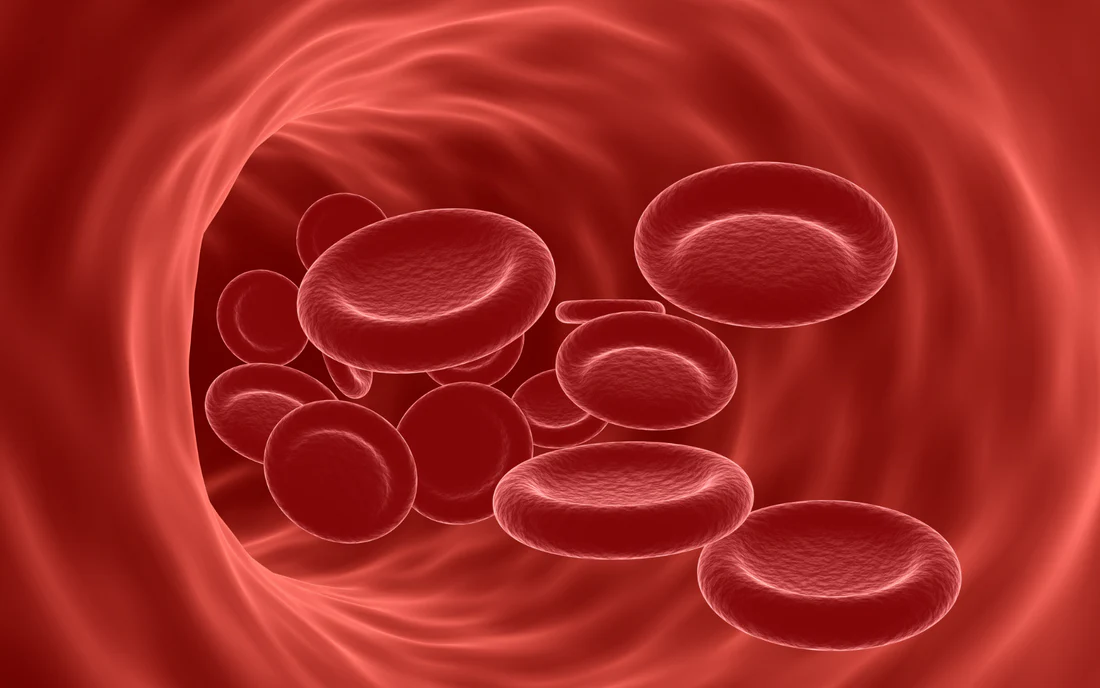High cholesterolemia Dubai refers to elevated cholesterol levels in the blood, a condition that can increase the risk of heart disease, stroke, and other cardiovascular issues. Cholesterol is a fatty substance essential for various bodily functions, but excessive levels—particularly low-density lipoprotein (LDL) cholesterol—can lead to plaque buildup in the arteries. In Dubai, sedentary lifestyles, high-calorie diets, and genetic factors often contribute to the rising prevalence of this condition.
The Role of Diet in Managing High Cholesterolemia
A balanced diet is one of the most effective ways to manage high cholesterolemia Dubai. Patients are often advised to reduce saturated and trans fats found in processed foods, fried items, and fatty meats. Increasing intake of fiber-rich foods such as oats, fruits, vegetables, and legumes helps lower LDL cholesterol. Replacing unhealthy fats with sources of healthy fats like avocados, nuts, and olive oil also plays a crucial role in maintaining optimal cholesterol levels.
Lifestyle Changes for Cholesterol Control
Beyond diet, lifestyle adjustments are key in controlling high cholesterolemia Dubai. Regular physical activity—such as brisk walking, swimming, or cycling—can raise high-density lipoprotein (HDL) cholesterol, the “good” cholesterol that helps remove LDL from the bloodstream. Maintaining a healthy weight, avoiding smoking, and limiting alcohol intake further contribute to improved cardiovascular health.
Cost of Managing High Cholesterolemia in Dubai
The cost of managing high cholesterolemia Dubai depends on the treatment plan, which may include consultations, blood tests, nutritional counseling, and follow-up appointments. Dubai’s healthcare facilities offer both public and private options, with prices varying based on the type of service and the specialist consulted. While lifestyle changes are cost-effective, medical interventions such as medications or advanced treatments may involve higher expenses.
Before and After Results
Before: Patients with untreated high cholesterolemia Dubai may face symptoms like fatigue, chest discomfort, or no symptoms at all until complications arise. Blood tests often reveal elevated LDL levels and potential arterial narrowing.
After: With consistent dietary changes, regular exercise, and, when necessary, prescribed medication, patients often see significant improvements in cholesterol profiles within months. These changes not only reduce cardiovascular risk but also improve overall well-being and energy levels.
FAQs about High Cholesterolemia in Dubai
- Can high cholesterol be reversed?
Yes, with lifestyle modifications and, if necessary, medication, many people can bring their cholesterol levels back to a healthy range. - How often should I get my cholesterol checked?
For most adults, it is recommended to have cholesterol levels checked every 4–6 years, but those with high cholesterolemia Dubai may need more frequent monitoring. - Is medication always necessary?
Not always—many cases can be managed with diet and lifestyle changes alone, though some individuals require medication for optimal control. - Can genetics cause high cholesterol?
Yes, familial hypercholesterolemia is an inherited condition that leads to high cholesterol levels regardless of lifestyle.
5. How long does it take to see results after lifestyle changes?
Improvements in cholesterol levels can be seen in as little as 6–8 weeks with consistent efforts.

